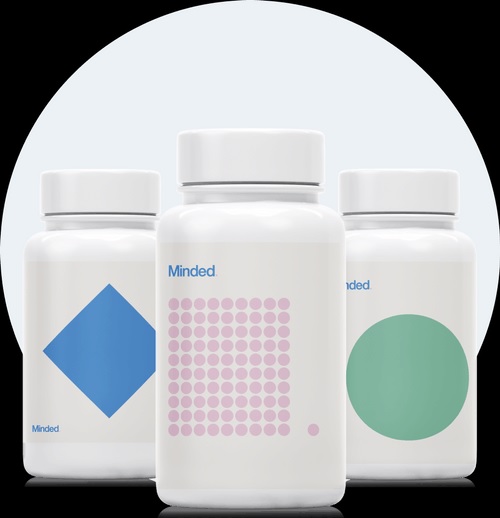Avaya files second Chapter 11 reorganization in six years. The company, which provides virtual care and collaboration tools (and has contributed to our Perspectives series), is restructuring with a financing of $780 million. This was anticipated from August-September last year when they announced accounting problems with their cloud subscription revenue, resulting in substantial layoffs, $250 million in cost cuts, a CEO change, and a continuing crash in the stock value which was close to 99%. In December, they announced a likely delisting from the NYSE. Major creditors include Microsoft, Wistron Corp., and SHI International. Current customers will continue to be served. Upon completion of the restructuring process in a projected 60 to 90 days, Avaya will reduce its total debt by more than 75%, from nearly $3.4 billion to about $800 million. CRN 14 Feb, CRN 7 Sep 22, Yahoo Finance Hat tip to HISTalk
Aetna’s subsidiary Indian Health Organisation (IHO) is selling its telehealth business to MediBuddy. Transaction cost was not disclosed. Bangalore-based MediBuddy is buying what is currently called vHealth by Aetna and will be rebranded over the next six months to MediBuddy vHealth, to be integrated with its other services. vHealth is a subscription-based primary healthcare service that offers telehealth consultations, an extensive outpatient network, pharmacy, diagnostics, dental services, delivery of medicines, blood tests, and other home healthcare products across 38 Indian cities. IHO employees will continue with MediBuddy. Last February, MediBuddy scored a $125 million Series C funding, led by Quadria Capital and Lightrock India. Press release (Hospitals Management India), Mobihealthnews
A few early-state digital health fundings rounded up by Mobihealthnews:
- Ohio-based digital musculoskeletal (MSK) health care and training company IncludeHealth raised $11 million in a funding round led by CincyTech with participation from Tamarind Hill and other investors. The fresh funds will be used to expand the MSK-OS remote care platform. Ray Shealy joined as COO and Grant Koster joins the board of directors. Also Finsmes
- Madrid, Spain-based Senniors raised $5.6 million in seed funding. Senniors provides home care services including therapy, mental healthcare, and nutrition counseling for older people and others who need support. The seed round was led by SixThirty with Sevenzonic, KIMPA, Zubi Capital and Invertidos.
- Thatch, a health benefits startup, raised over $6 million in total funding across pre-seed and seed rounds from 16z and GV, with participation from Lux Capital, Quiet Capital, Not Boring Capital and BrightEdge. It includes a tech-enabled Health Savings Account, a Thatch debit card for all healthcare expenses, and on-demand access to experts who can resolve billing issues via text. Release
- Previa Medical, based in Lyon, France, raised €2.1 million for its AI-based predictive medical device to alert providers to early signs of sepsis and raised $2.2 million in seed funding. It included participation from Kreaxi, M2care, Veymont Participations, Hopla Memory, CCI Capital Croissance, Holding Seraip, Bpifrance and BNP Paribas, with equity and debt financing from Banque Populaire AURA. SEPSI-SCORE analyzes patient risk factors for sepsis in real time through patient records drawn from hospital software to alert providers up to 48 hours before symptoms develop. Finsmes
- And one more: $20 million in Series A funding to healthcare analytics company MDI Health. MDI uses AI in pharmacology to prevent negative outcomes in chronic polypharmacy patients and at-risk populations. Mobihealthnews
While layoffs in healthcare have slowed down somewhat, they do continue:
- San Mateo-based Collective Health, a benefits administration software provider for enterprises, laid off 54 of an estimated 500-1,000 employees. LinkedIn corporate posting
- Vicarious Surgical, a robotic surgical developer which has received funding from Bill Gates and BD, is planning to reduce its workforce by 14% to conserve cash. Ironically, they are making a 510(k) submission for a robotic system to compete against giant Intuitive Surgical’s da Vinci. Med tech has tightened up substantially with giants like Baxter whacking 3,000 jobs (5%) in its global workforce and Abbott releasing temporary workers hired to produce COVID-19 test kits in Maine. Medtech Dive
- Olive AI, which automates routine administrative healthcare processes such as revenue cycle management, laid off an additional 215 employees last week, about 35% of its remaining staff, due to account losses. In July, 450 employees or about 33% of staff were released. Axios












Most Recent Comments